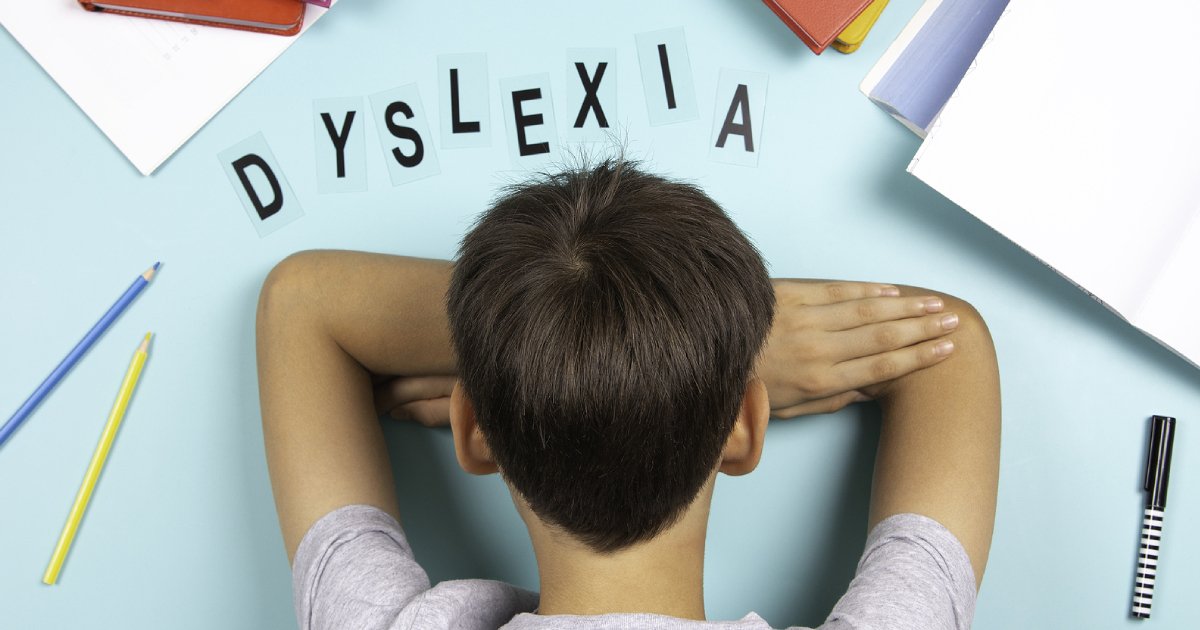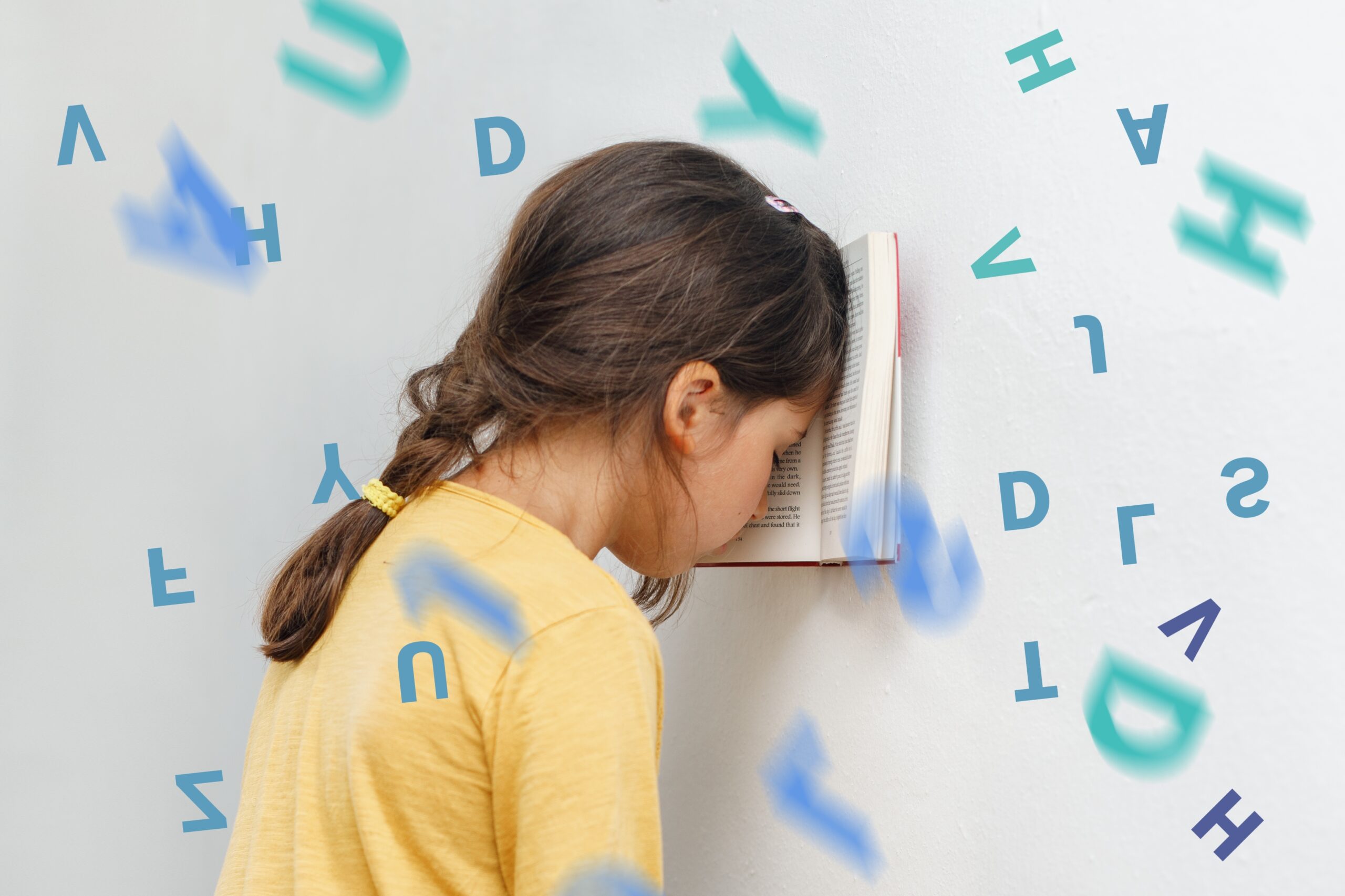A child struggling to read or keep up in school is one of the most common concerns parents bring to educators and
Singapore Brain Development Centre
Our Location
1 GOLDHILL PLAZA #01-11 S(308899)
Blog


SCHEDULE A COMPLIMENTARY CONSULTATION
BLOG Articles
Addressing "Dyslexia in Singapore" is crucial, as it affects a considerable number of children with learning challenges. It presents unique challenges in reading, writing, and spelling, often impacting a child’s academic performance and self-esteem. However, understanding dyslexia and employing effective strategies can significantly help children overcome these challenges.
Picture this: your child is bored out of their mind and running around, while you have your laptop open with tons of unanswered work emails. Given how hectic life can get as we juggle multiple responsibilities, these days, it can sometimes be easier to hand your child a mobile phone or tablet to keep them occupied.
Does your child's reading or writing abilities fall below their grade level? Have you noticed that he or she tends to struggle with creating a mental picture or following directions?
For many parents, when their child begins exhibiting signs of difficulties concentrating, sitting still or maintaining eye contact, their minds go straight to thinking that their child has either autism or attention deficit hyperactivity disorder (ADHD).
In an increasingly digital era, it is no secret that children these days have easy access to screens -- now more than ever. However, as much as technology has brought about numerous benefits, such as bringing people closer together and making our work much easier, excessive screen time can have a negative impact on early childhood development.
Children utilise their senses to explore and attempt to make sense of the world around them from the moment they are born all the way through early childhood. In fact, research has found that people – both children and adults – retain the most information and learn best when their senses are engaged.
Has your child just gotten a diagnosis of autism? For many parents, the initial reaction after finding out their child has autism is often fear, worry or even grief.
In recent months, Singapore Brain Development Centre (SBDC) has received an increased amount of enquiries from parents with children with special needs, many of which suffer from developmental issues.
While sifting through the never-ending list of enrichment centres to make sure your child has a good head start in life, as parents, you would certainly be wondering which is the best learning approach for your child to unlock their fullest potential.
The content provided is for educational and informational purposes only.










